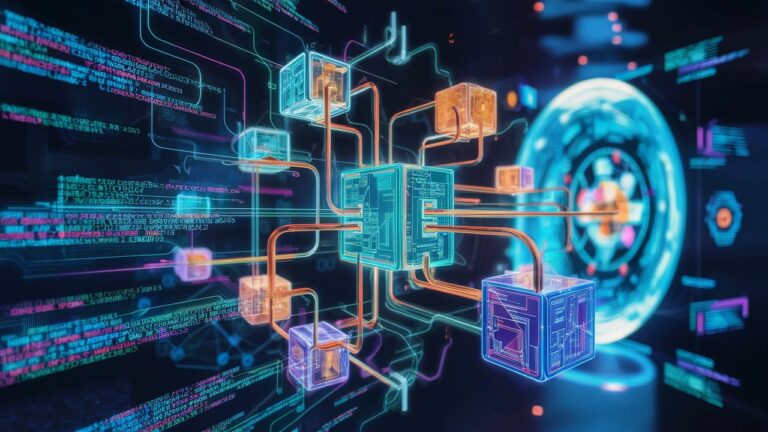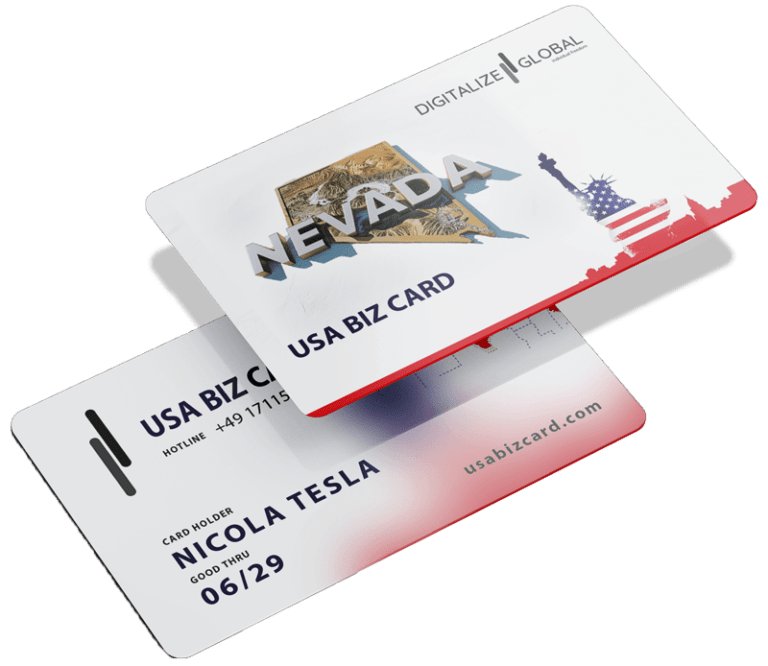Explanation
Imagine you have a digital notebook that you share with many other people. But this particular notebook has some amazing features:
- UnchangeableOnce something has been entered, it can no longer be changed or deleted.
- Transparent: Everyone can see what is written in the notebook.
- DecentralizedNo single person controls the notebook. Instead, everyone has a copy.
This is basically a blockchain!
What does "decentralized" mean?
The term "decentralized" is a key concept of blockchain technology:
- No central authorityUnlike traditional systems (such as banks), there is no single entity that controls everything.
- Distributed controlInstead, control is distributed among many participants in the network.
- Copies for allEach participant has a complete copy of the blockchain.
- Joint decisions: Changes are made by consensus of the participants, not by a central authority.
Decentralization makes the system more resistant to failures and manipulation, as there is no single point of attack.
How does it work?
- Blocks of informationInstead of having individual pages, our notebook has "blocks". Each block contains a list of transactions or information.
- ConcatenationEach new block is connected to the previous one, like links in a chain. Hence the name "blockchain".
- CryptographyEach block has a unique code (a "hash") that links it to the previous block. This makes it practically impossible to falsify the information.
- Consensus: Before a new block is added, most participants must agree that it is correct.
Why is blockchain important?
- Security: The concatenation and cryptography make it extremely difficult to manipulate data.
- TransparencyAll transactions are visible to everyone, which creates trust.
- EfficiencySince no middleman is required, transactions can be processed faster and more cost-effectively.
- VersatilityOriginally developed for Bitcoin, blockchain is now used in many areas - from supply chains to digital identities.
Types of blockchain
- Public blockchainAnyone can participate and view the data (e.g. Bitcoin).
- Private blockchainOnly selected participants have access (often used in companies).
Blockchain technology is revolutionizing the way we store and exchange information. It offers a secure, transparent and efficient method for transactions (Crypto tokens and cryptocurrencies) in an increasingly digitalized world.













